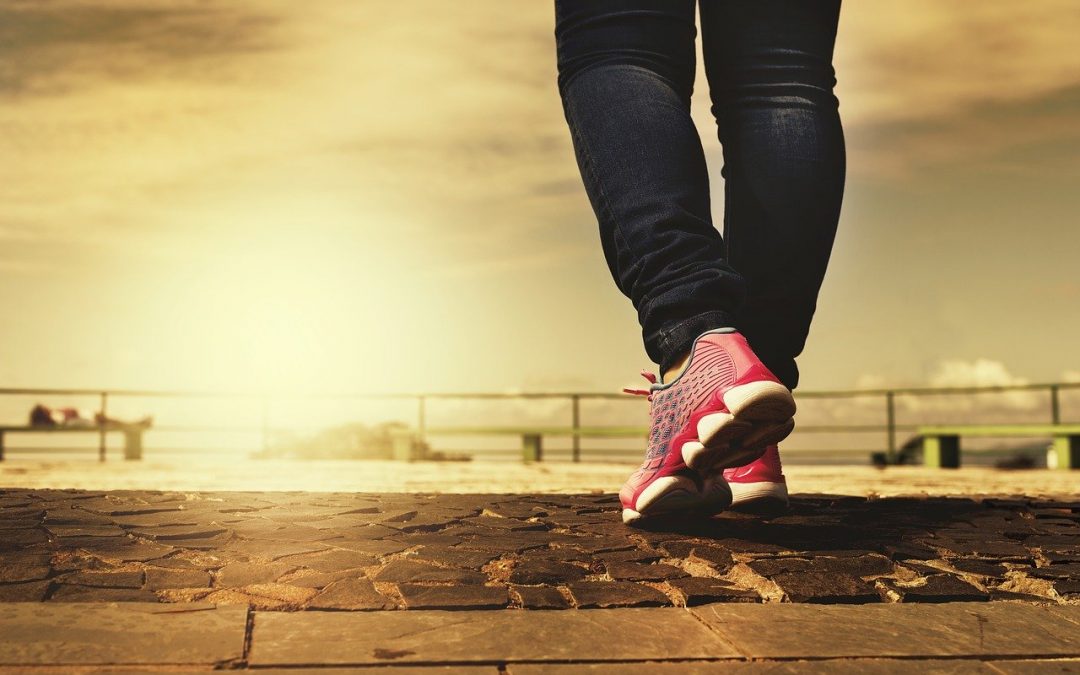Osteoarthritis and Joint Pain
Our joints take a lot of abuse over the years. That is one of the reasons why up to half of Americans over age 65 have osteoarthritis (OA). Osteoarthritis occurs when the protective cartilage on the end of bones wears down, causing pain and stiffness in areas like hips, knees and hands that make walking and climbing stairs difficult. Even brushing one’s teeth can be challenging for people with arthritis.
Because osteoarthritis doesn’t have a cure, easing the pain you are feeling is key. There are numerous options which range from pain management therapy and acupuncture, to opioids and pain relievers. Unless absolutely necessary, it is best to leave opioids as a last resort due to the potential long term side effects.
Manage Your Weight
Stay Physically Active
The Department of Health and Human Services recommends 150 minutes of moderate activity each week. This could be swimming, walking, cycling and says to add muscle-strengthening twice a week. Tai Chi and Yoga has recently been noted as really making a difference in chronic osteoarthritis pain (see last week’s blog post).
Home Remedies
Use Meds with Caution
If you are experiencing severe painful joints, your doctor may suggest using over-the-counter medication to relieve pain, especially if you are just starting physical therapy or are exercising on your own. Aleve and its generic counterparts were ranked as most effective treatments for knee osteoarthritis (Journal of the American Academy of Orthopaedic Surgeons 2018). However, these types of medications can cause side effects, such as gastrointestinal problems, so you should only be taking them for 2-3 weeks. Dr. Pei Chen from UCSF Center for Geriatric Care suggests, “…if you need longer-term pain relief, consider Tylenol or its generic” (2019).
Be Cautious with Injections
See a Surgeon as a Last Resort
Who is a good candidate for surgery? Dominic King, DO from the Cleveland Clinic says “the best candidates are people who have already tried several non-operative treatments, are already at a healthy weight and feel their quality of life is suffering because they can no longer do daily activities that they enjoy”. King suggests if this is you, then look for “…for a surgeon who does at least 50 knee or hip replacements a year with a complication rate of 3% or lower and a hospital that does more than 400 joint replacements every year and has an overall infection rate of less than 1%”.
Learn more about Pacific Rehabilitation Centers’ pain management program or contact us to see how we can help.
